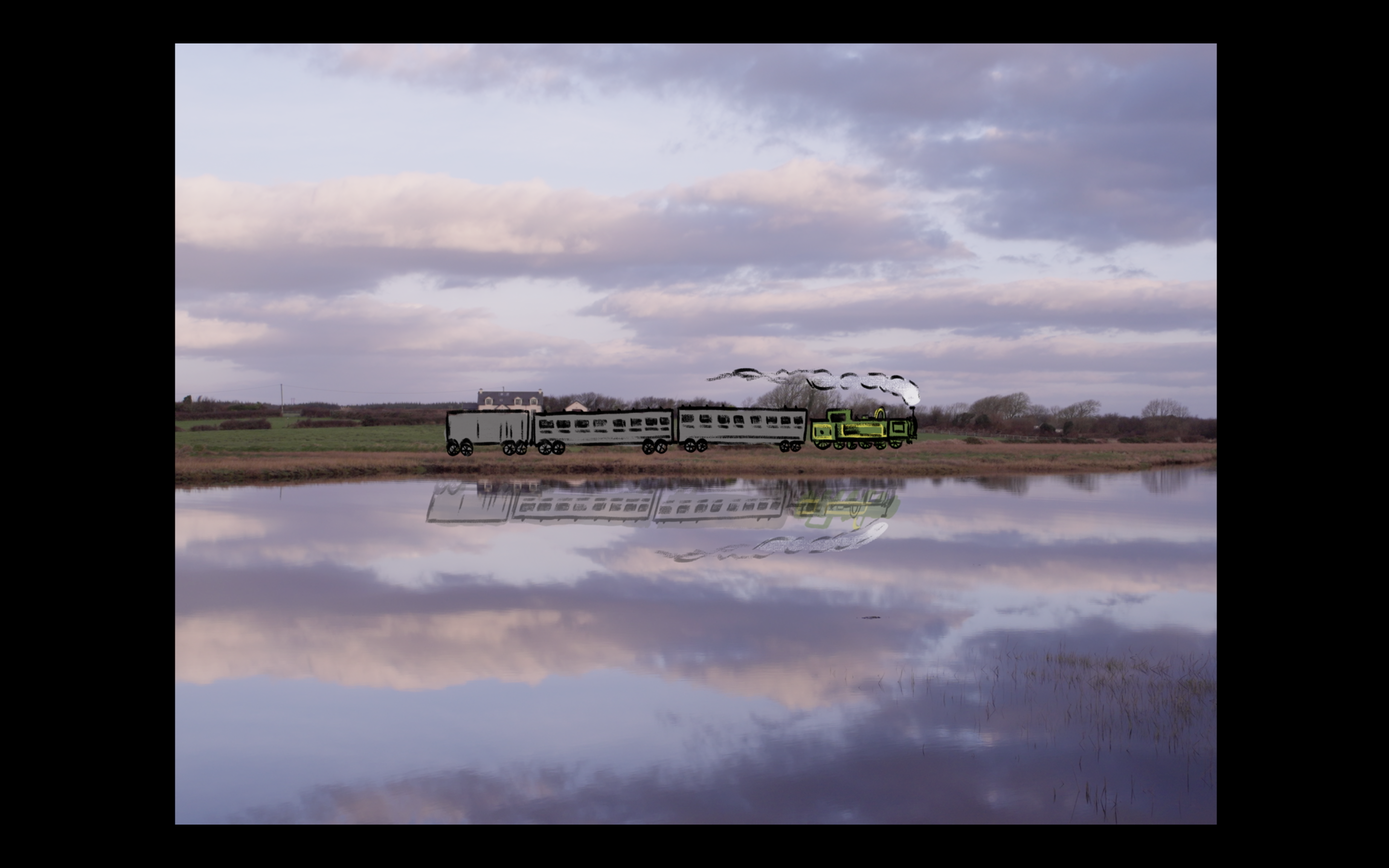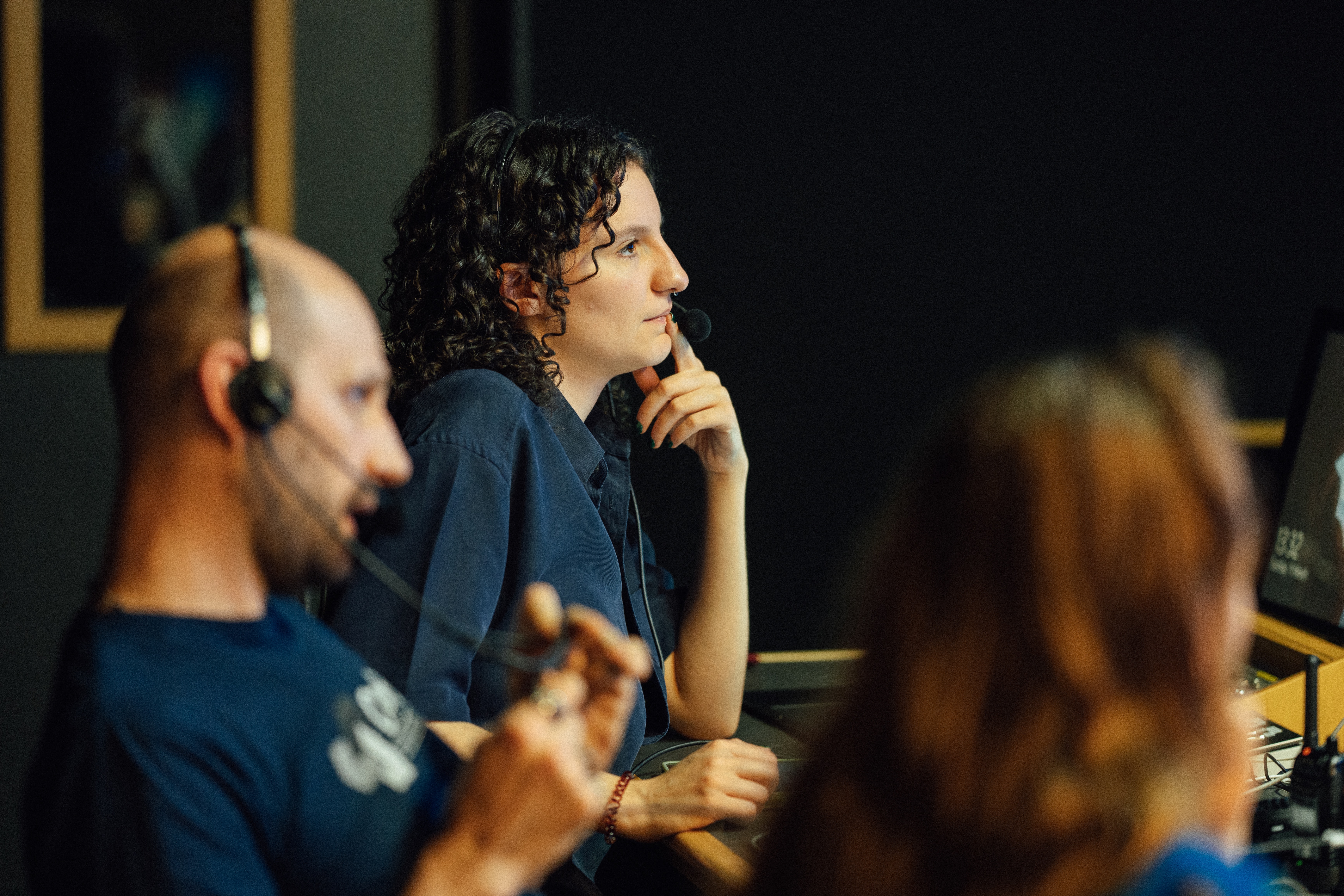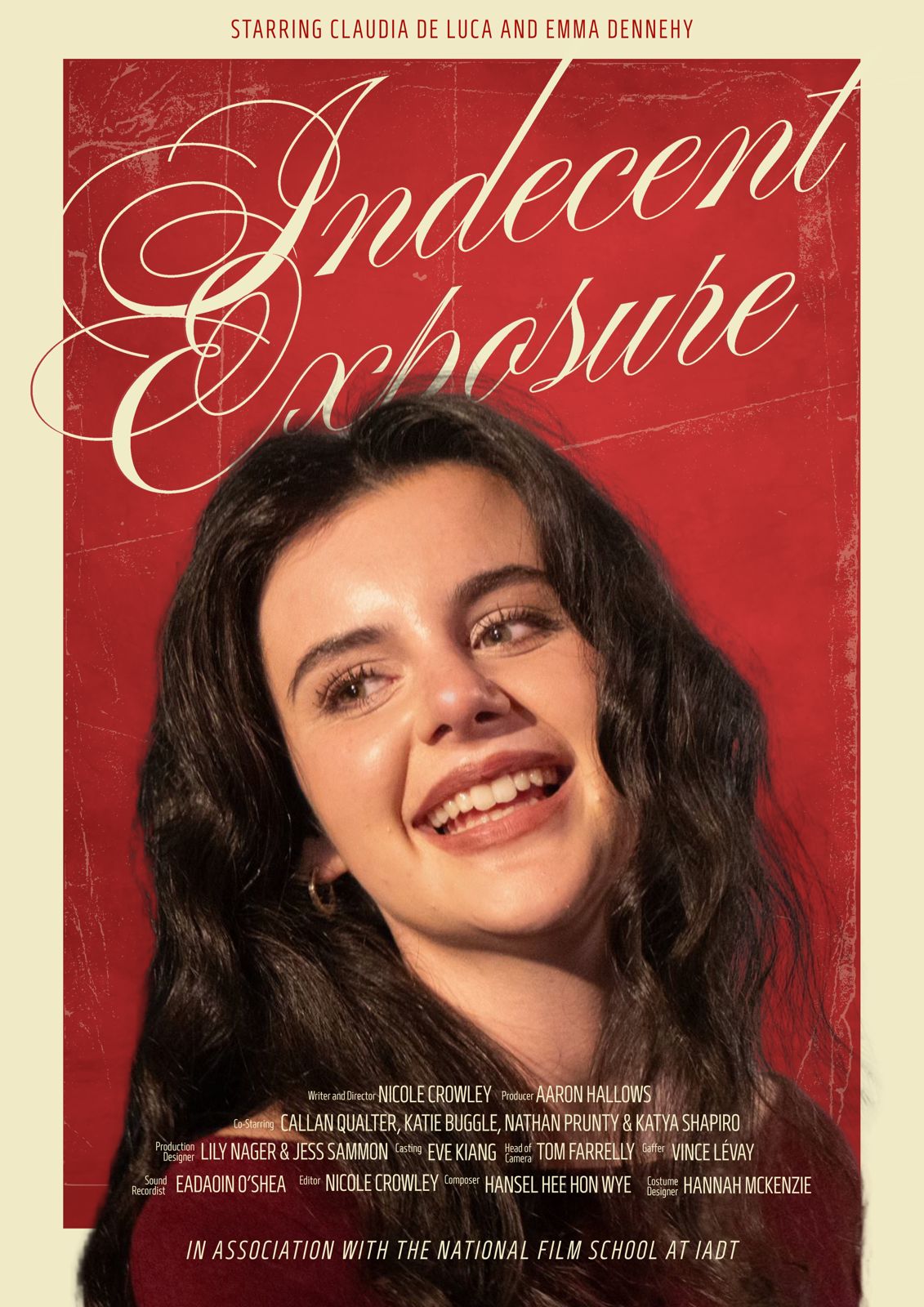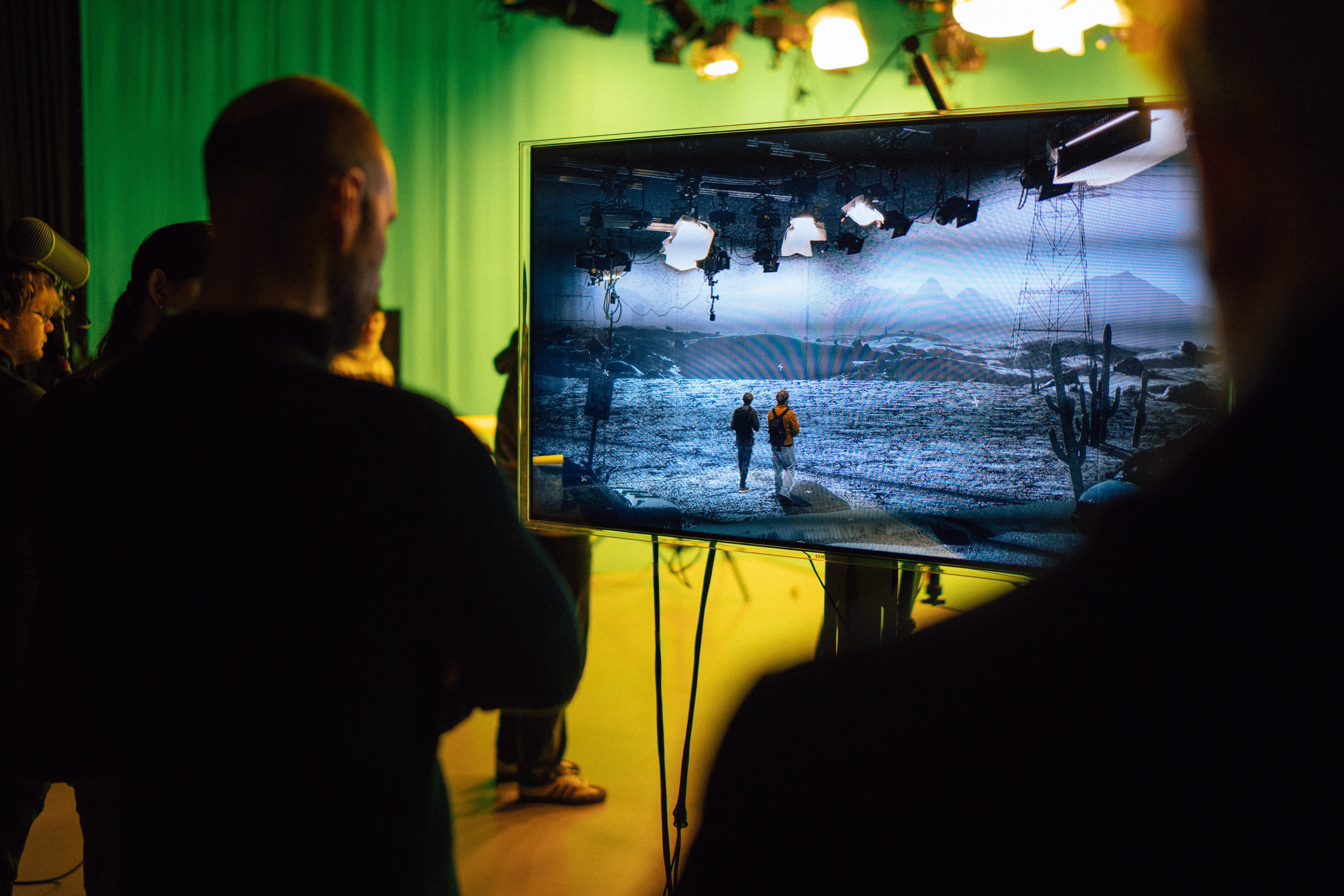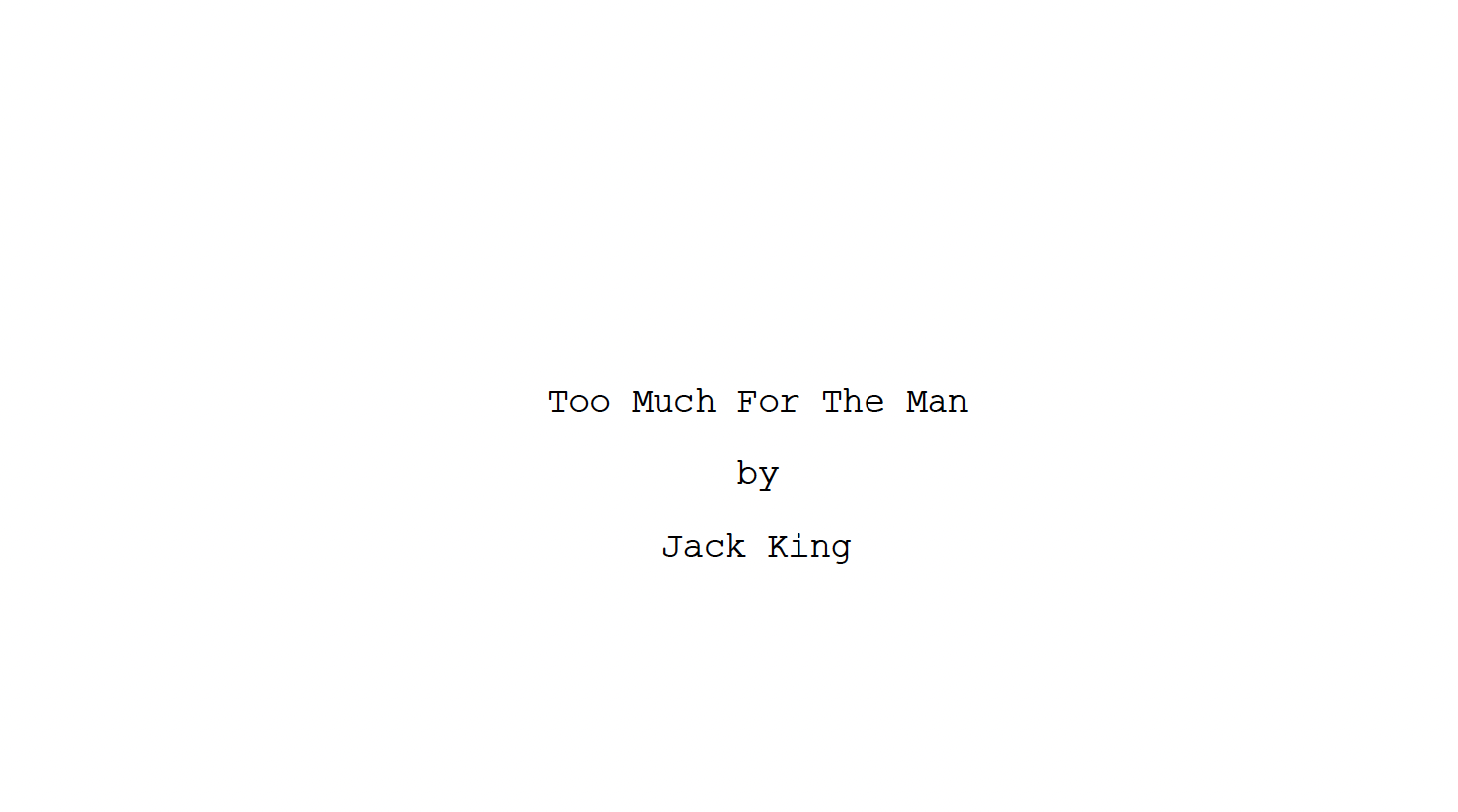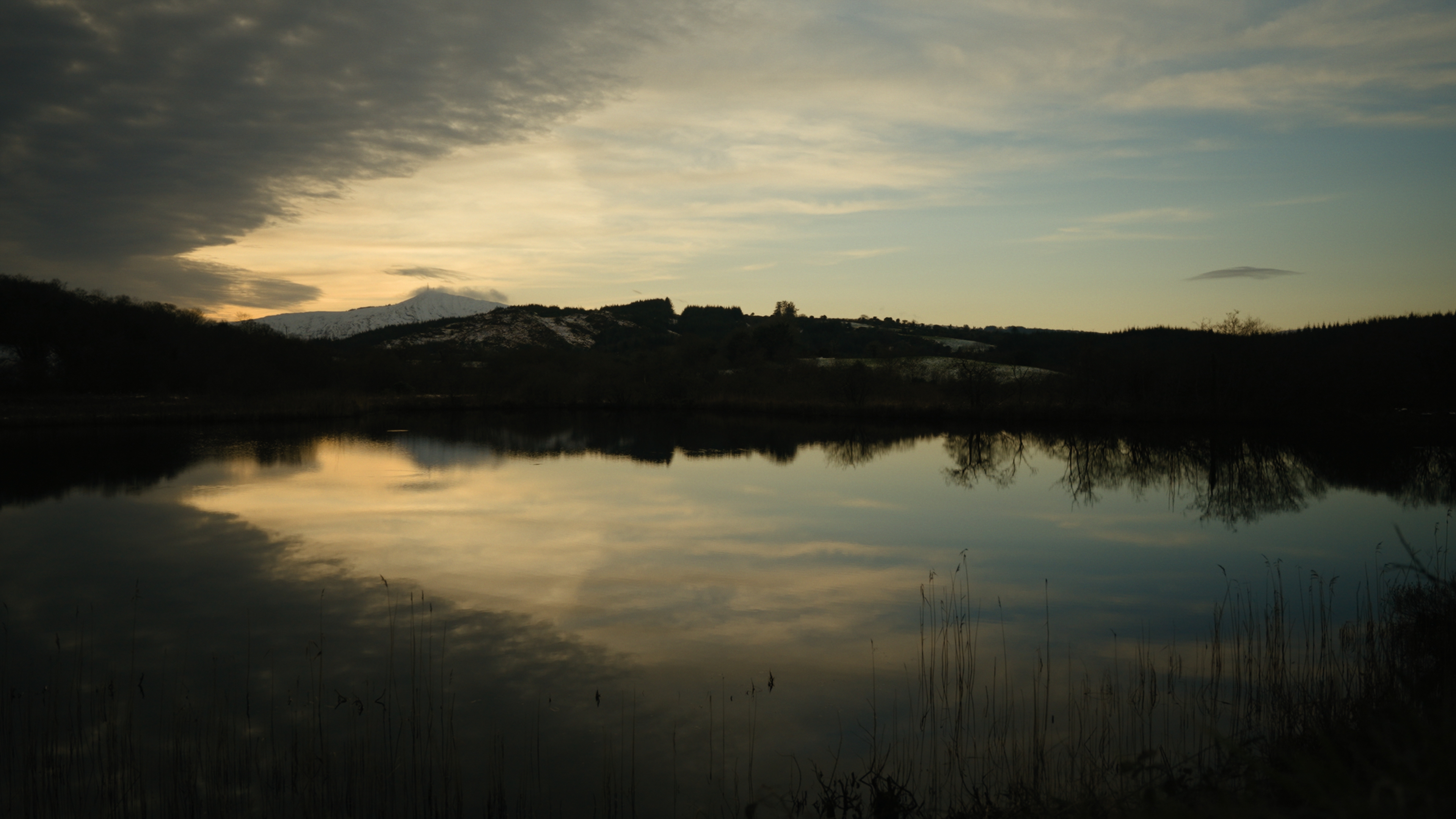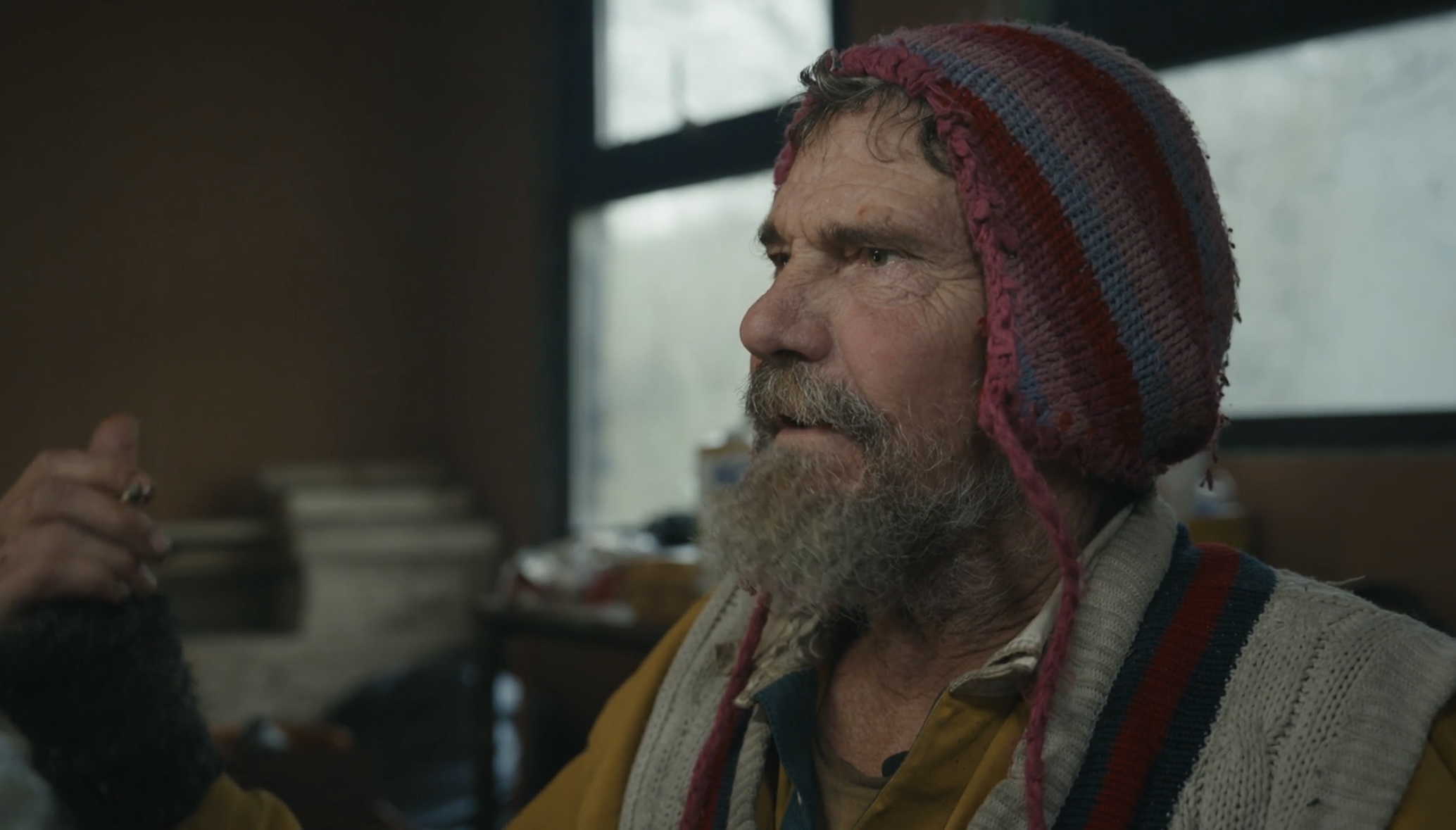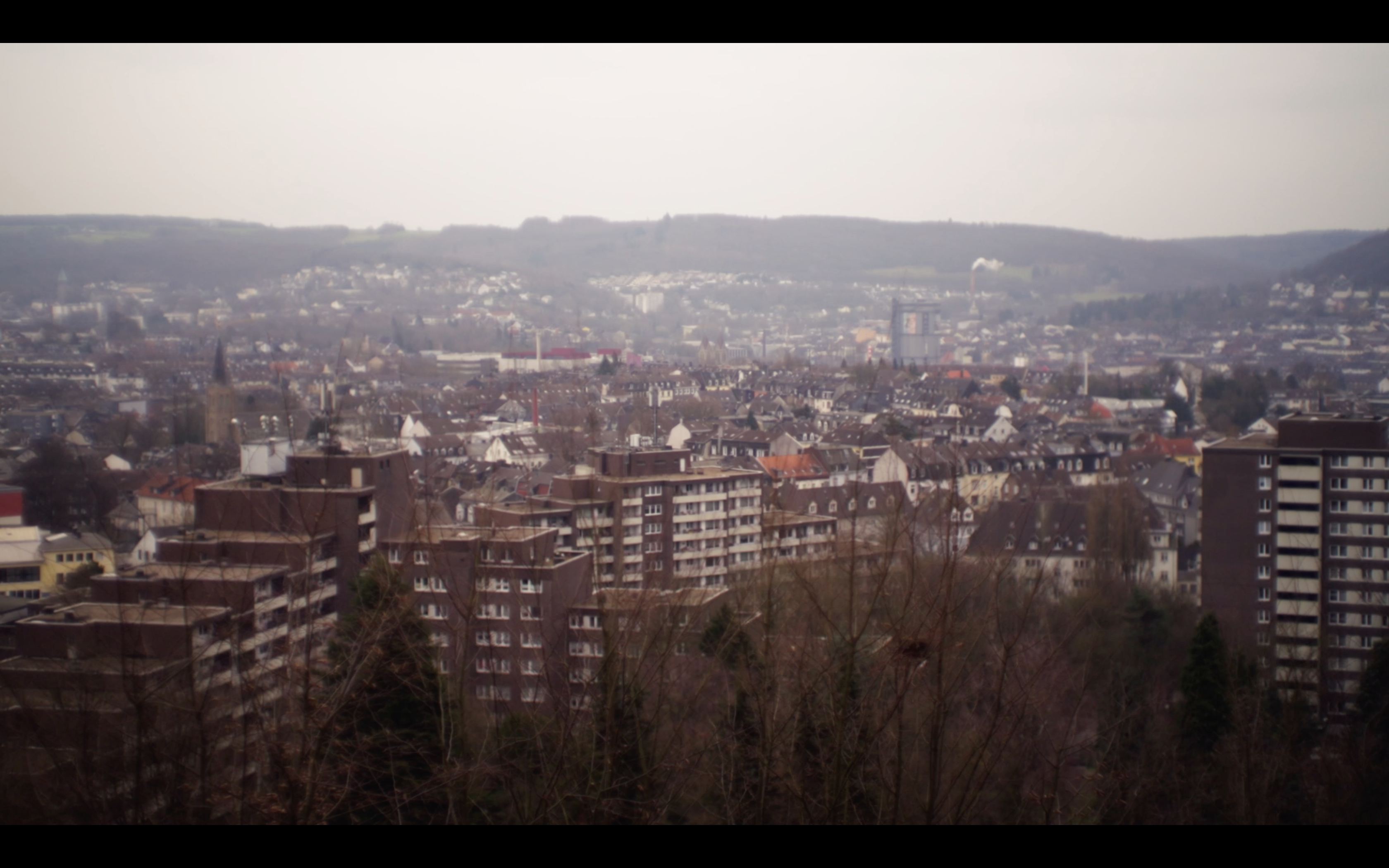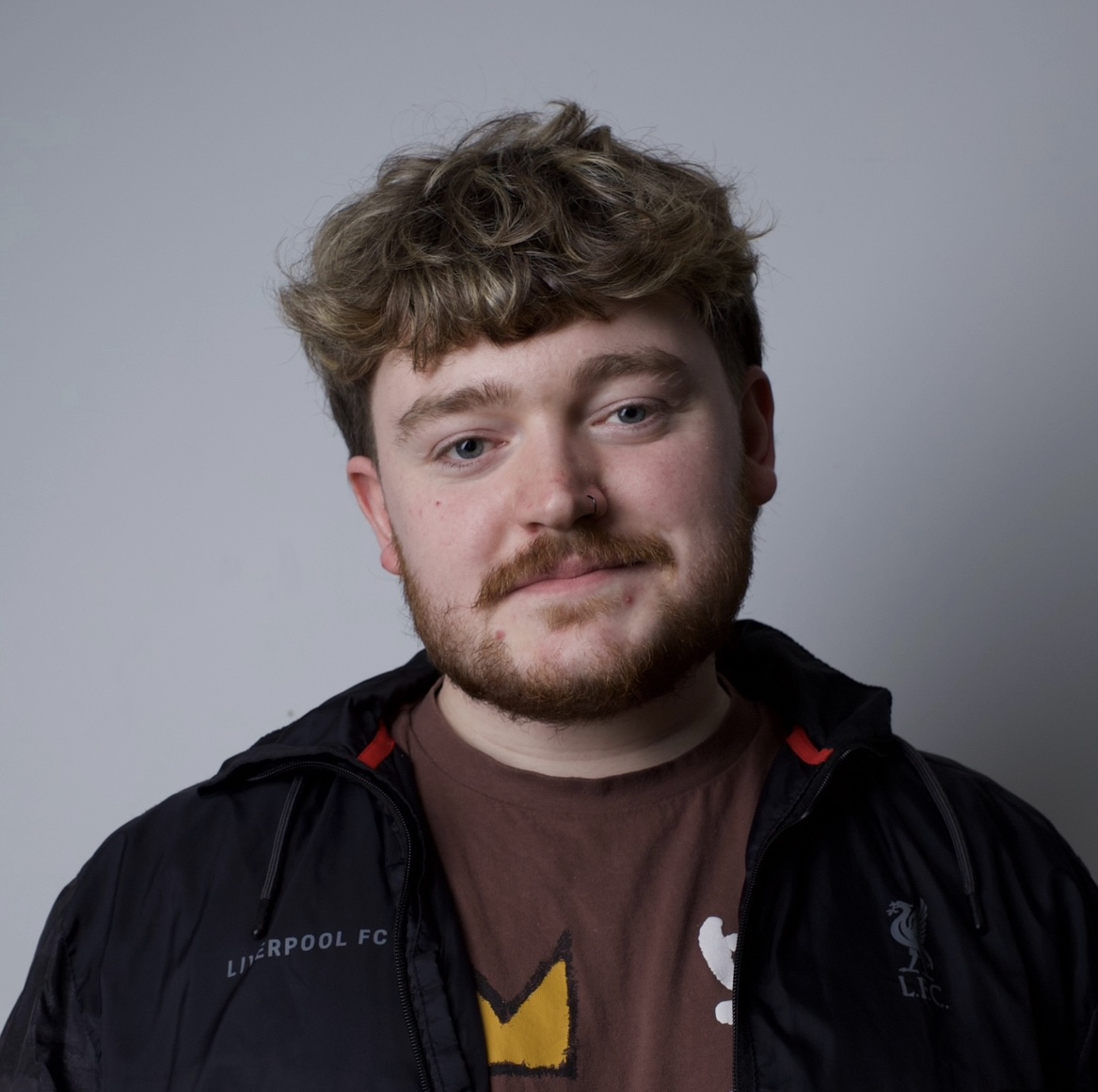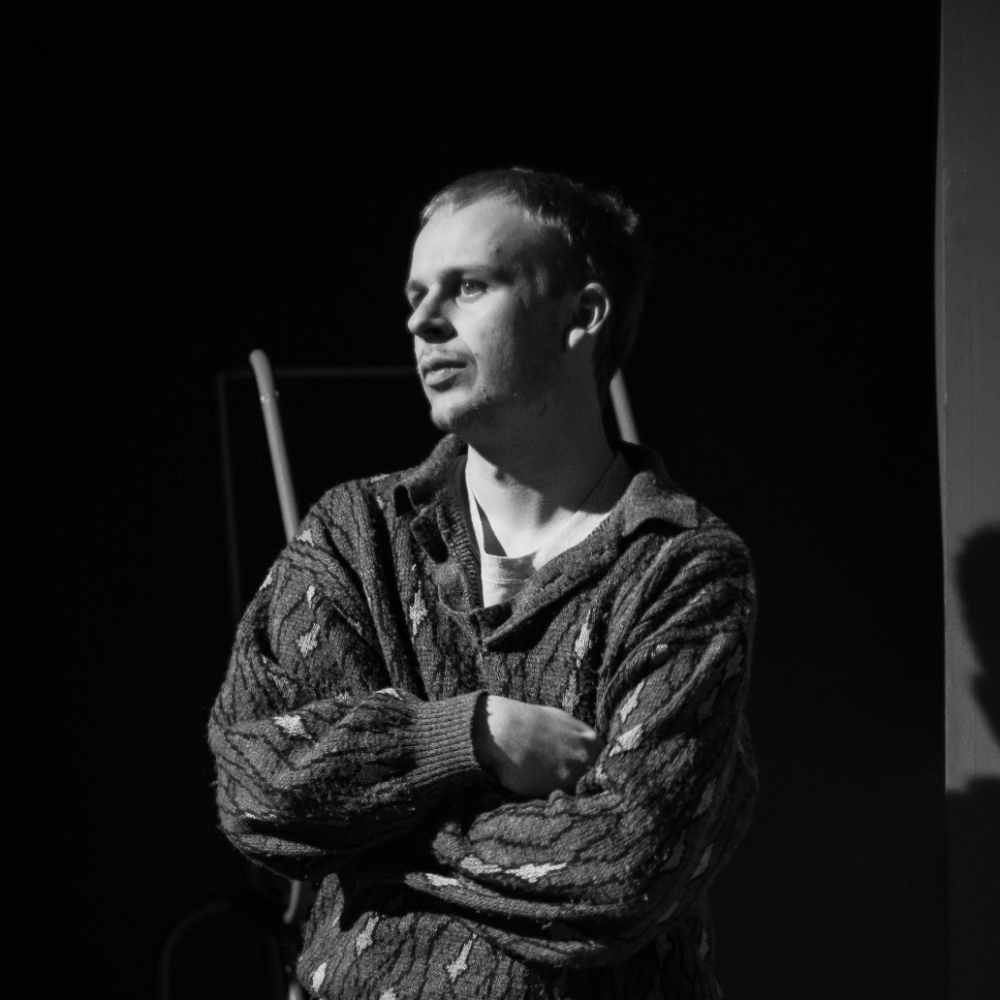
Daragh O'Shea
The West Clare Railway is one of many rail lines in Ireland that was closed down in the 20th Century. If you walk along the former line today, you will see little indication it even existed. But if you take the time to listen to the locals a colourful world of the rail line starts to unfold. This short documentary is about memory, and the stories that remain long after the rail lines have disappeared. It seeks to bring back into focus a time long gone, a time remembered, a time of the railway!
Role: Director / Producer
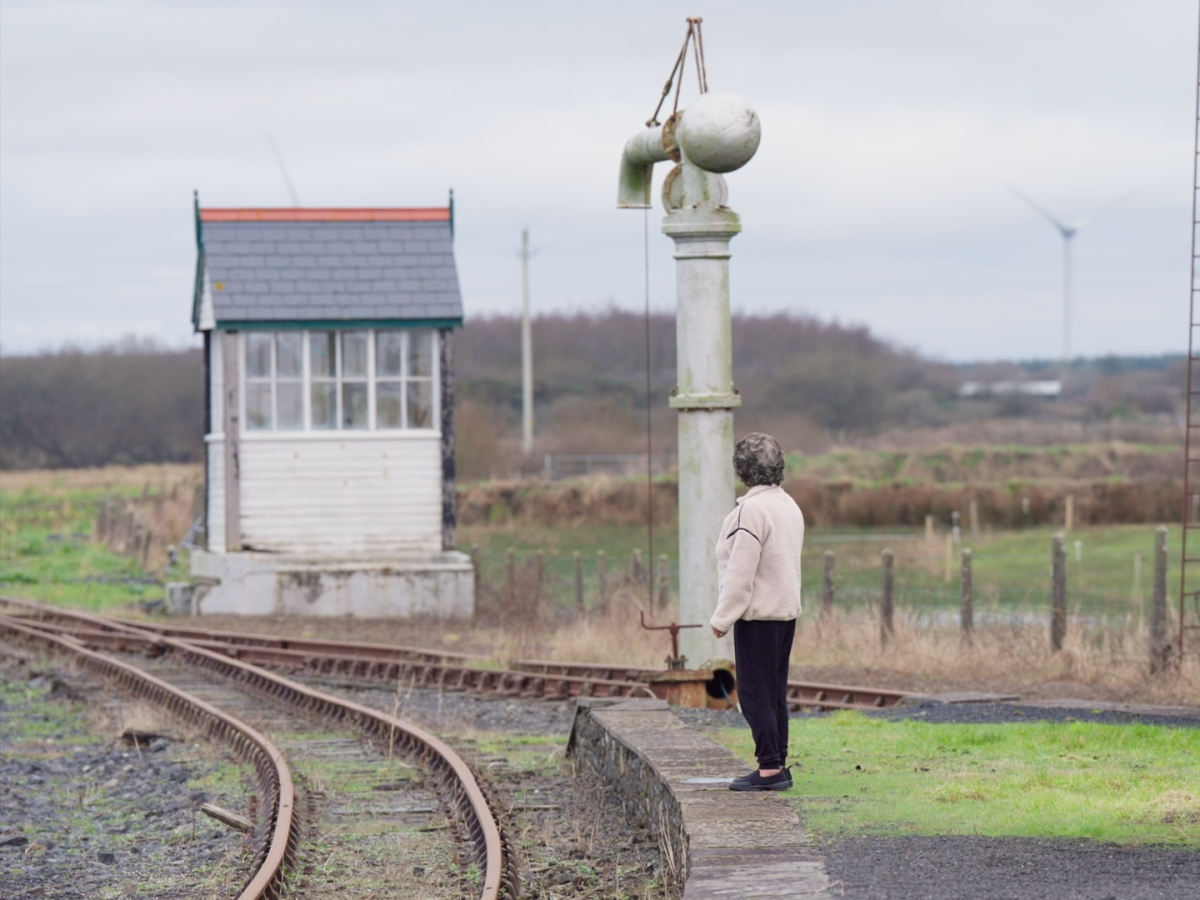
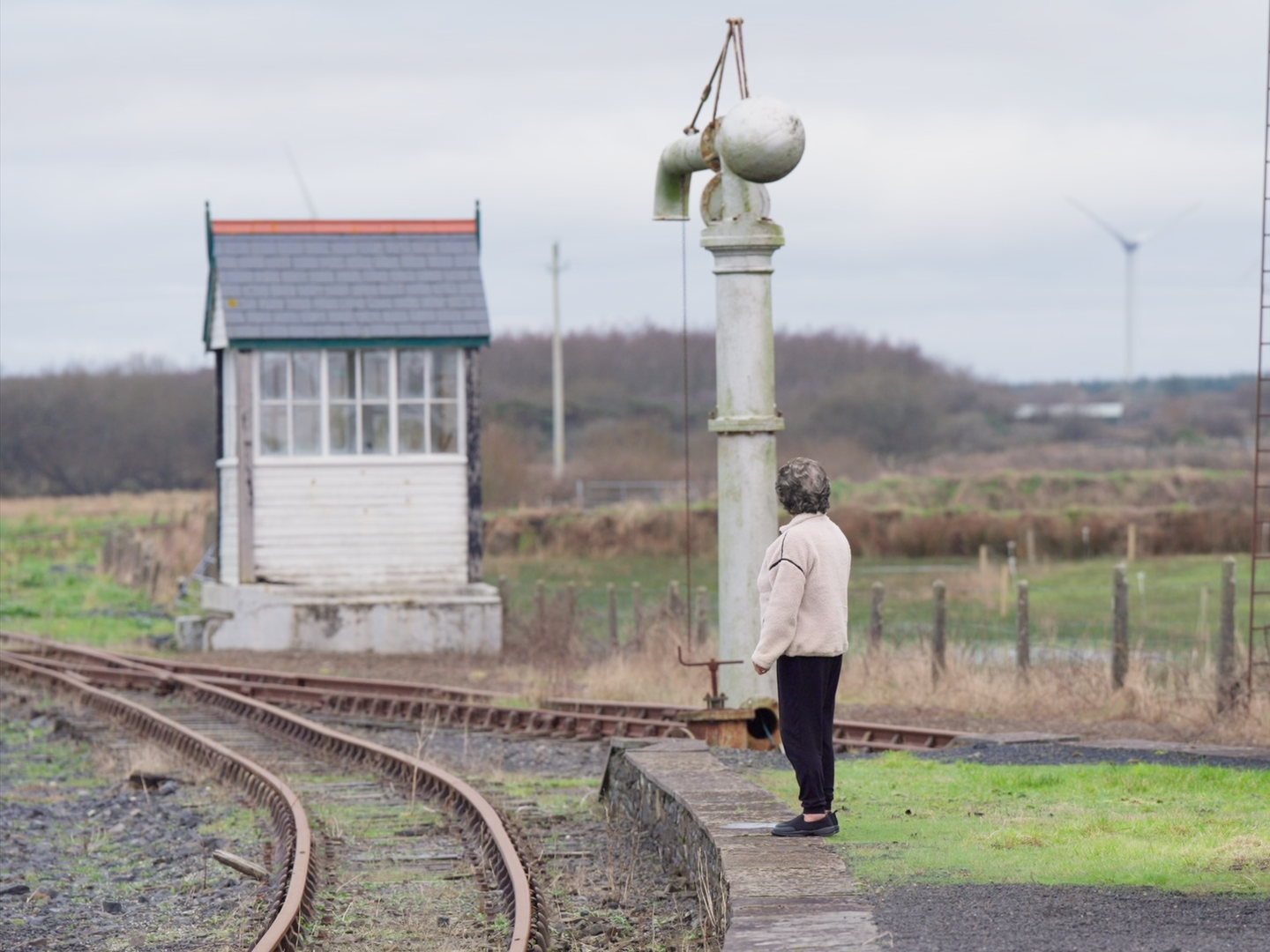
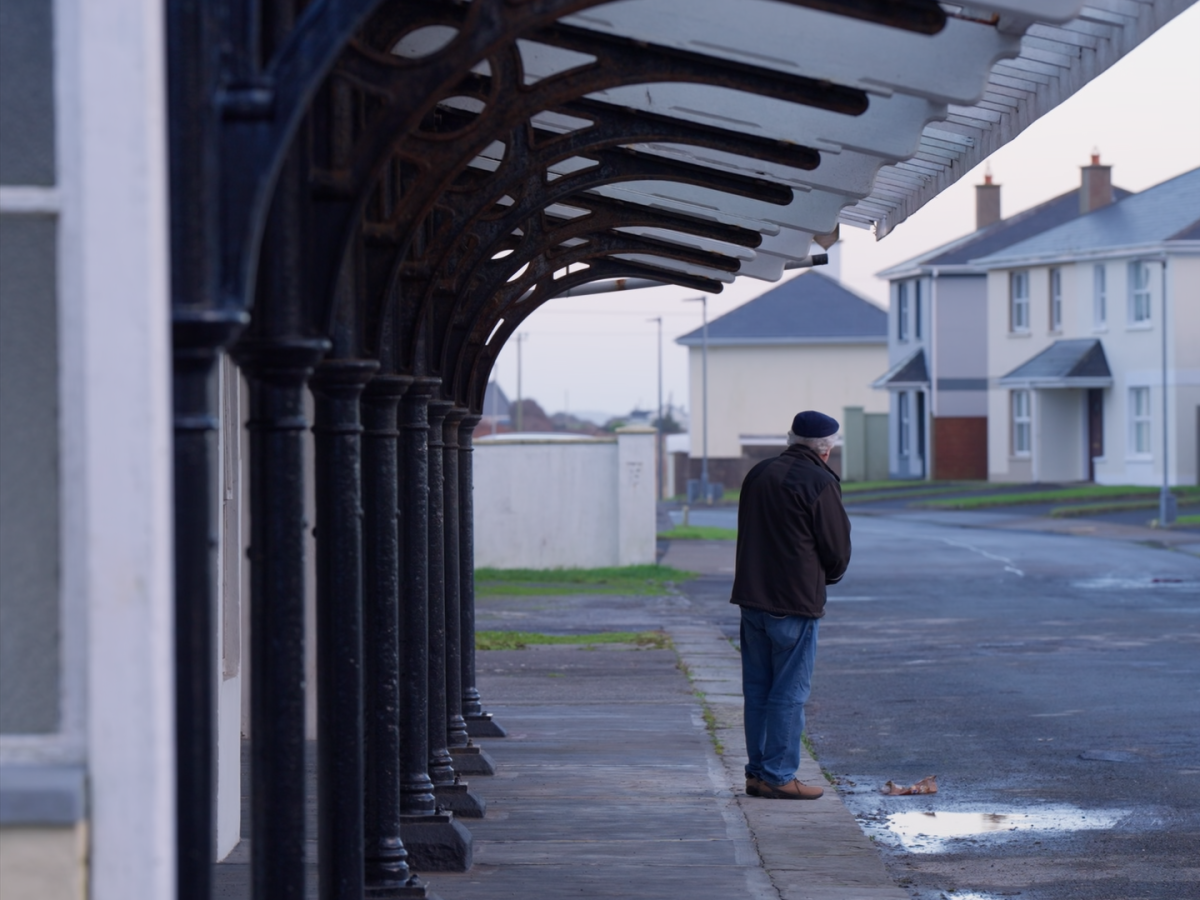
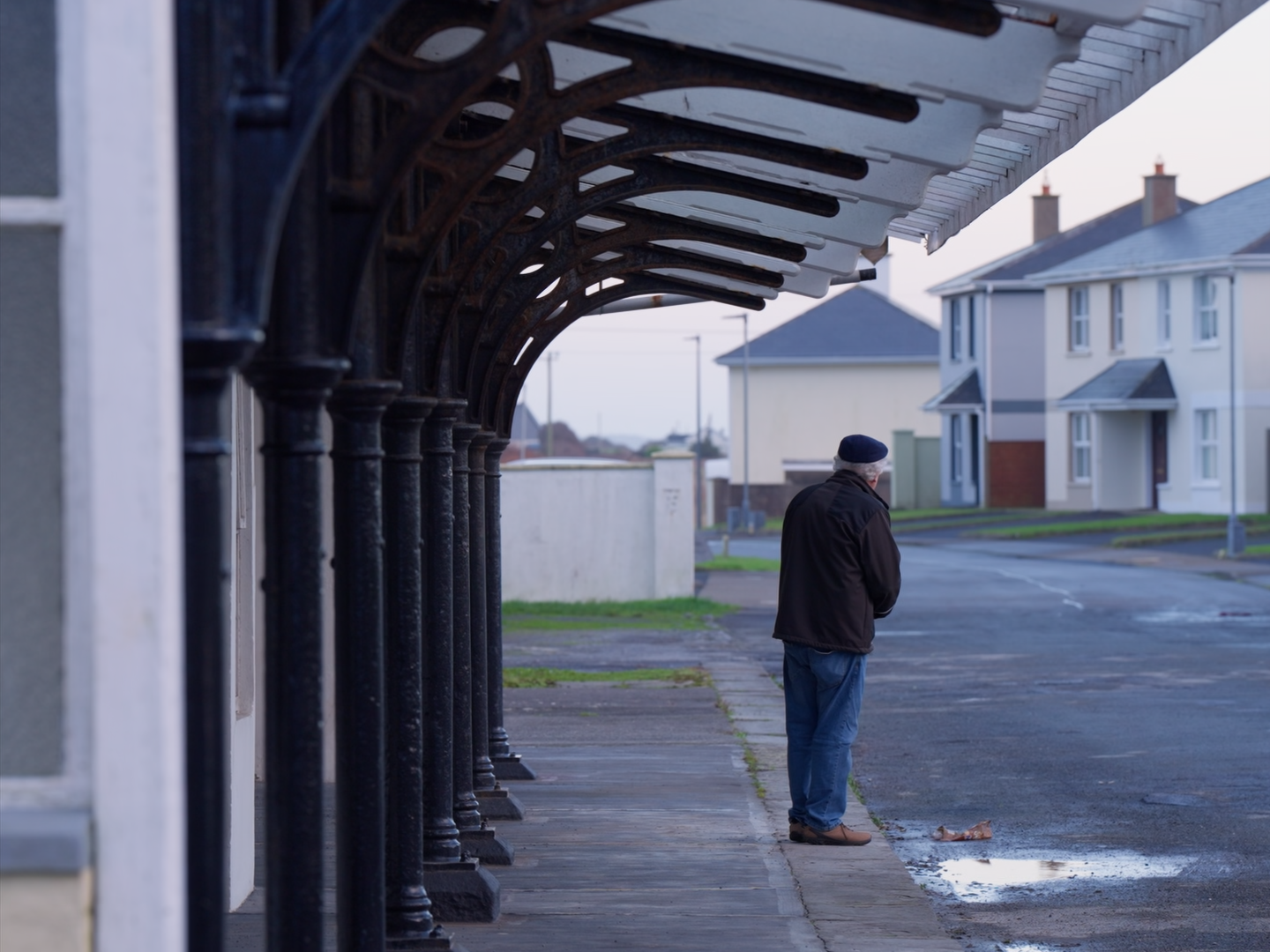
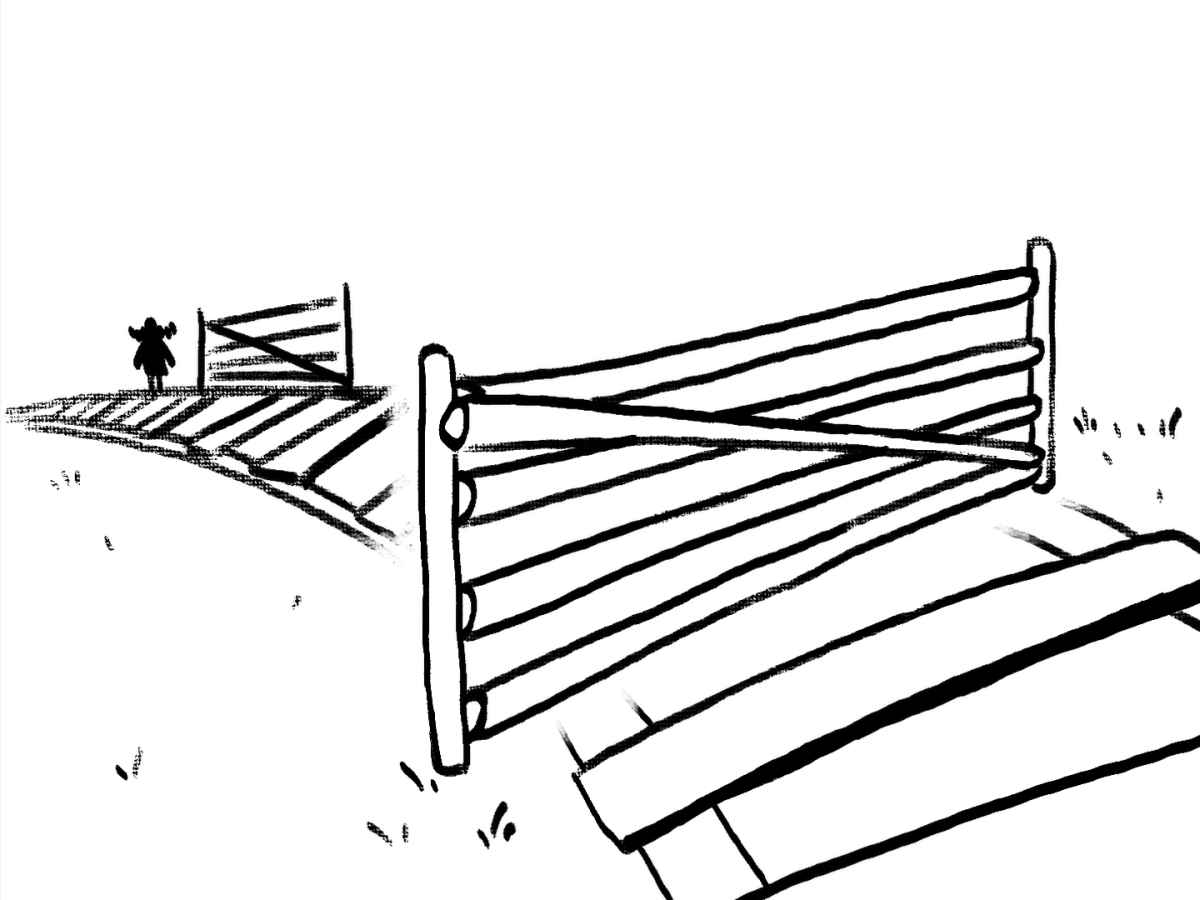
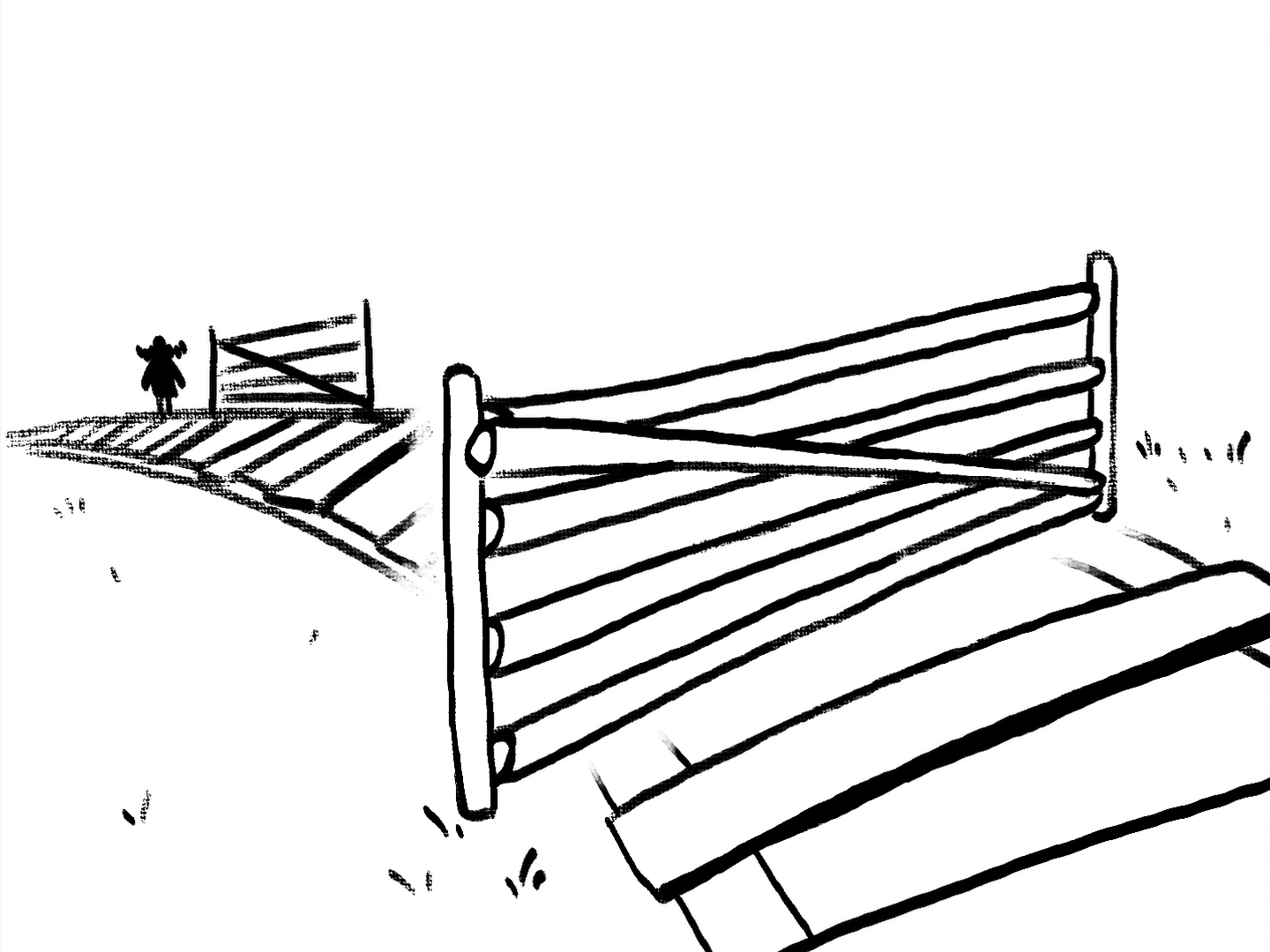

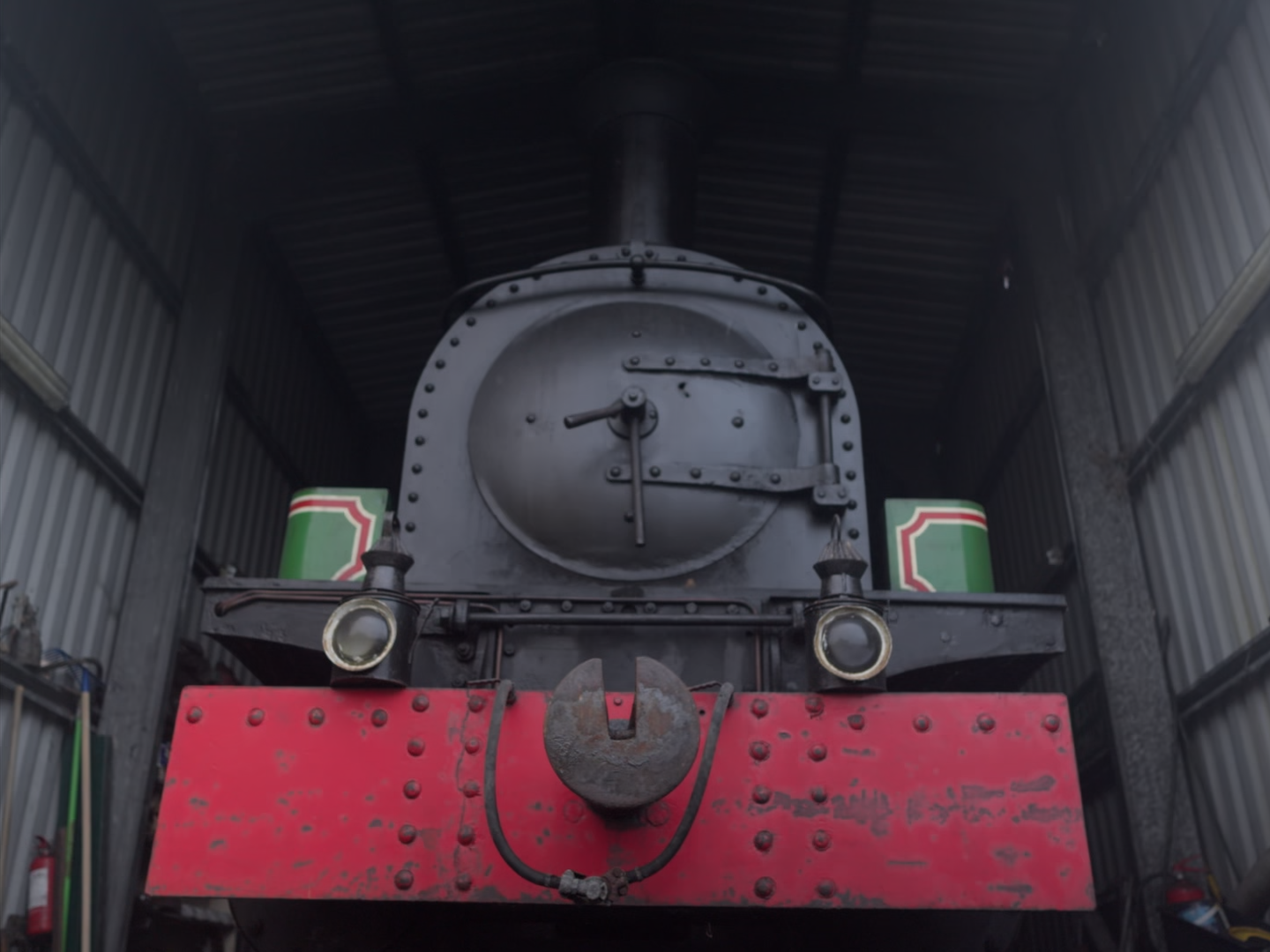
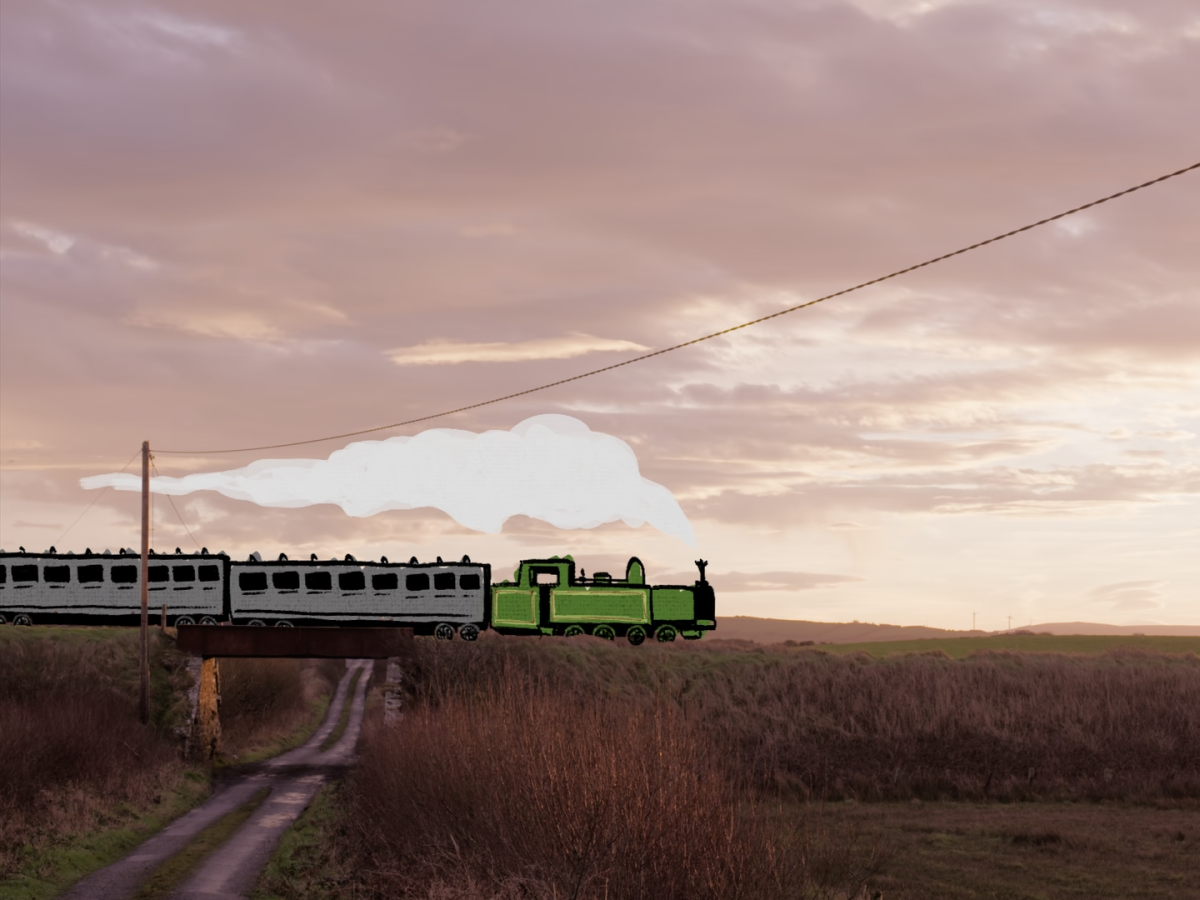
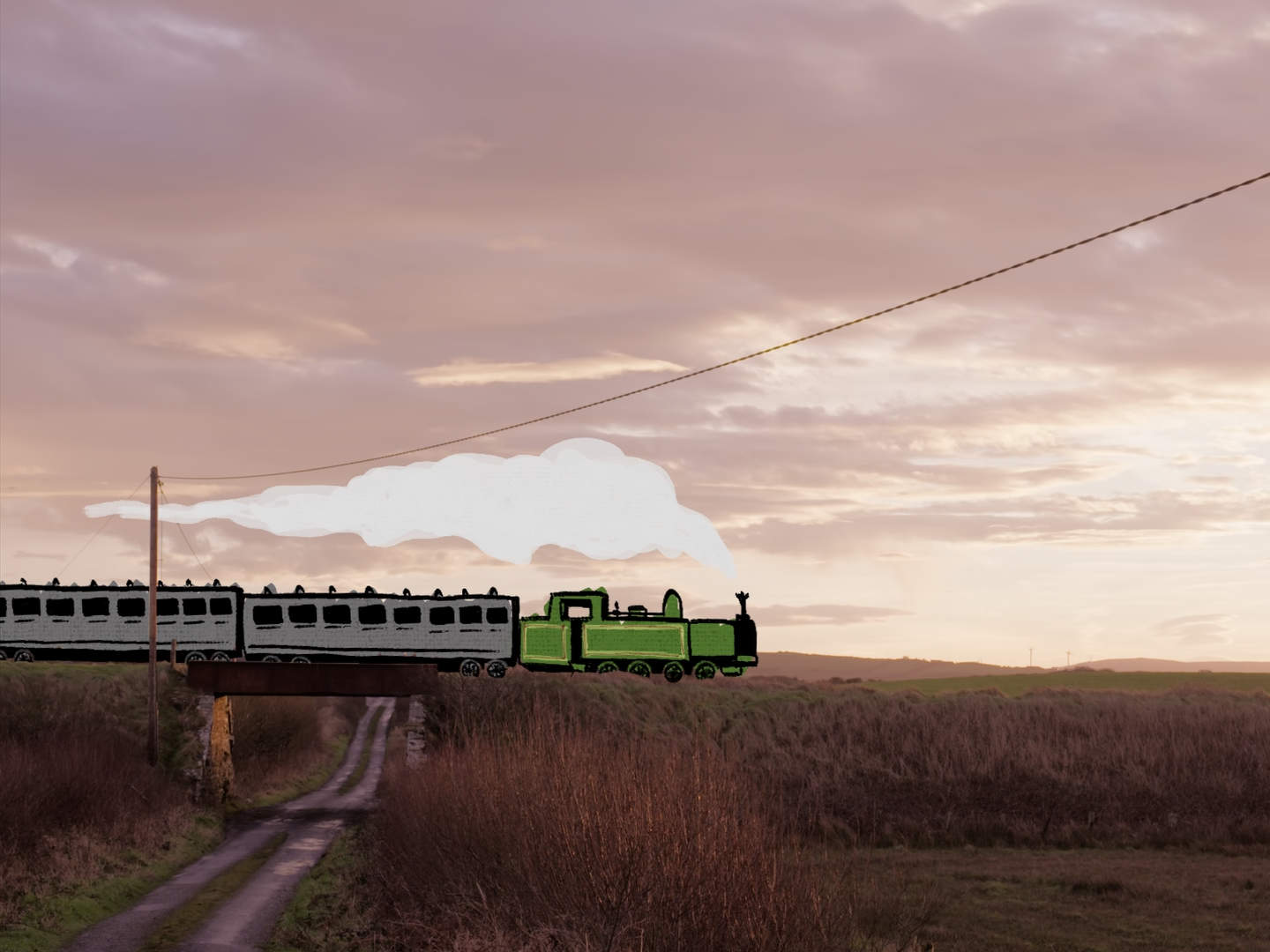
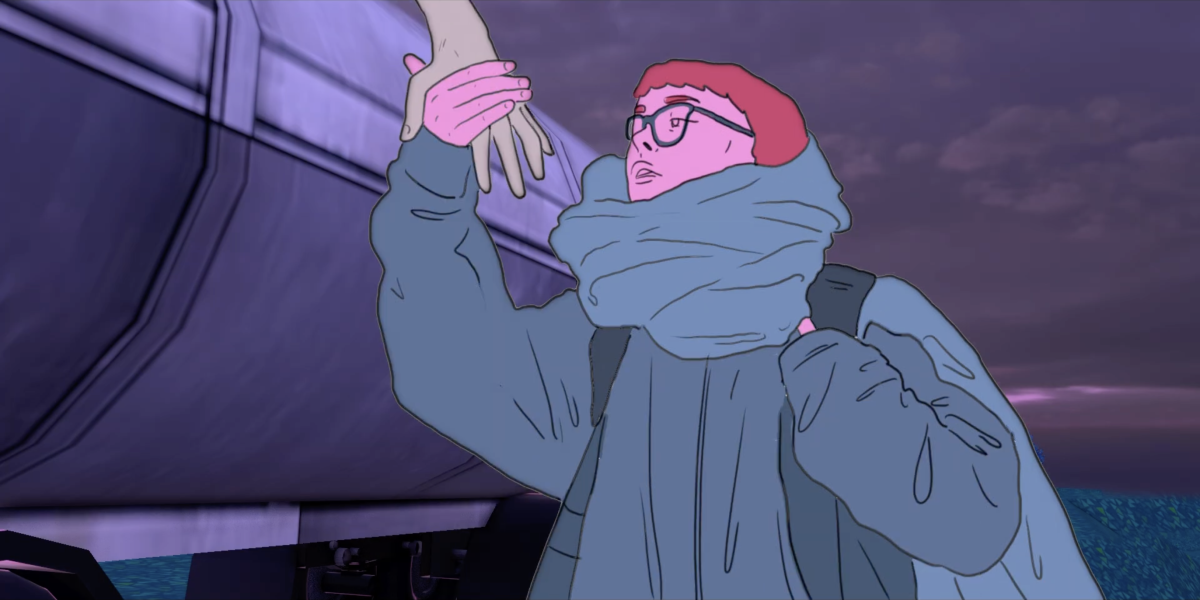
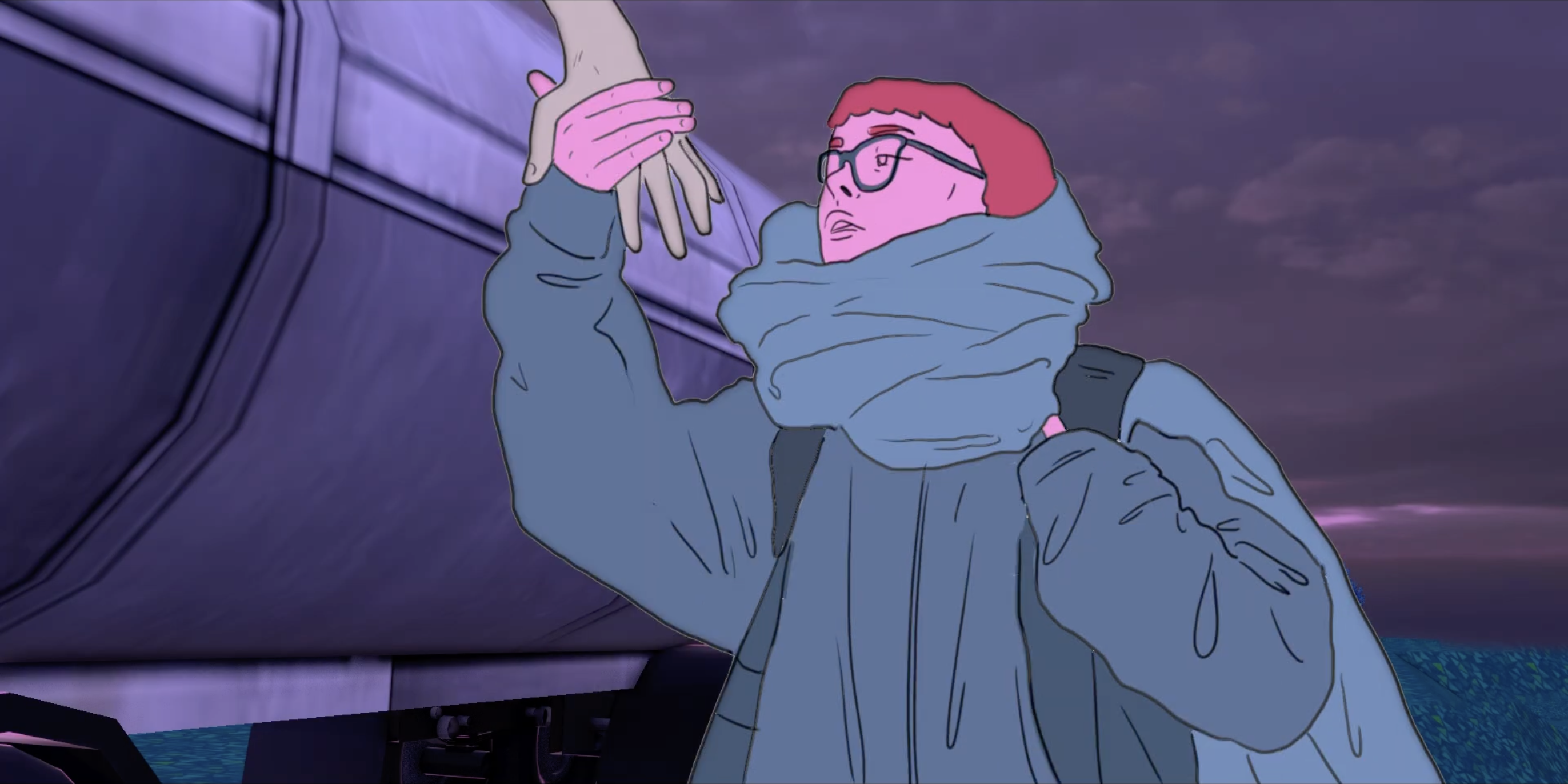
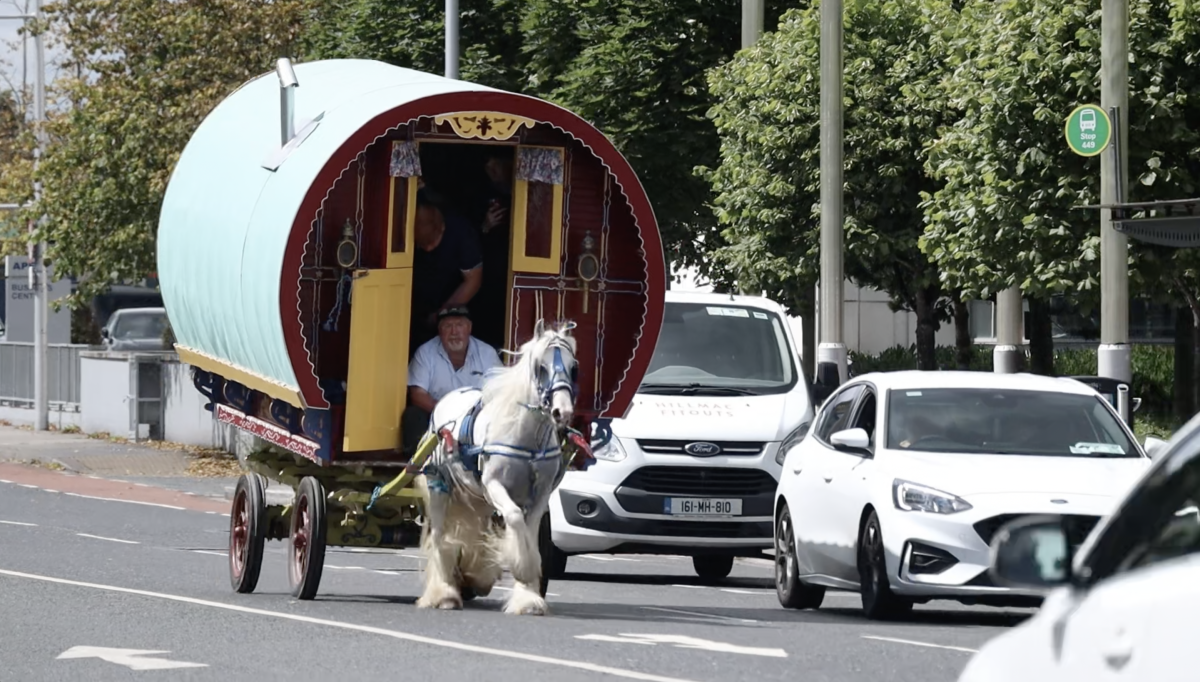
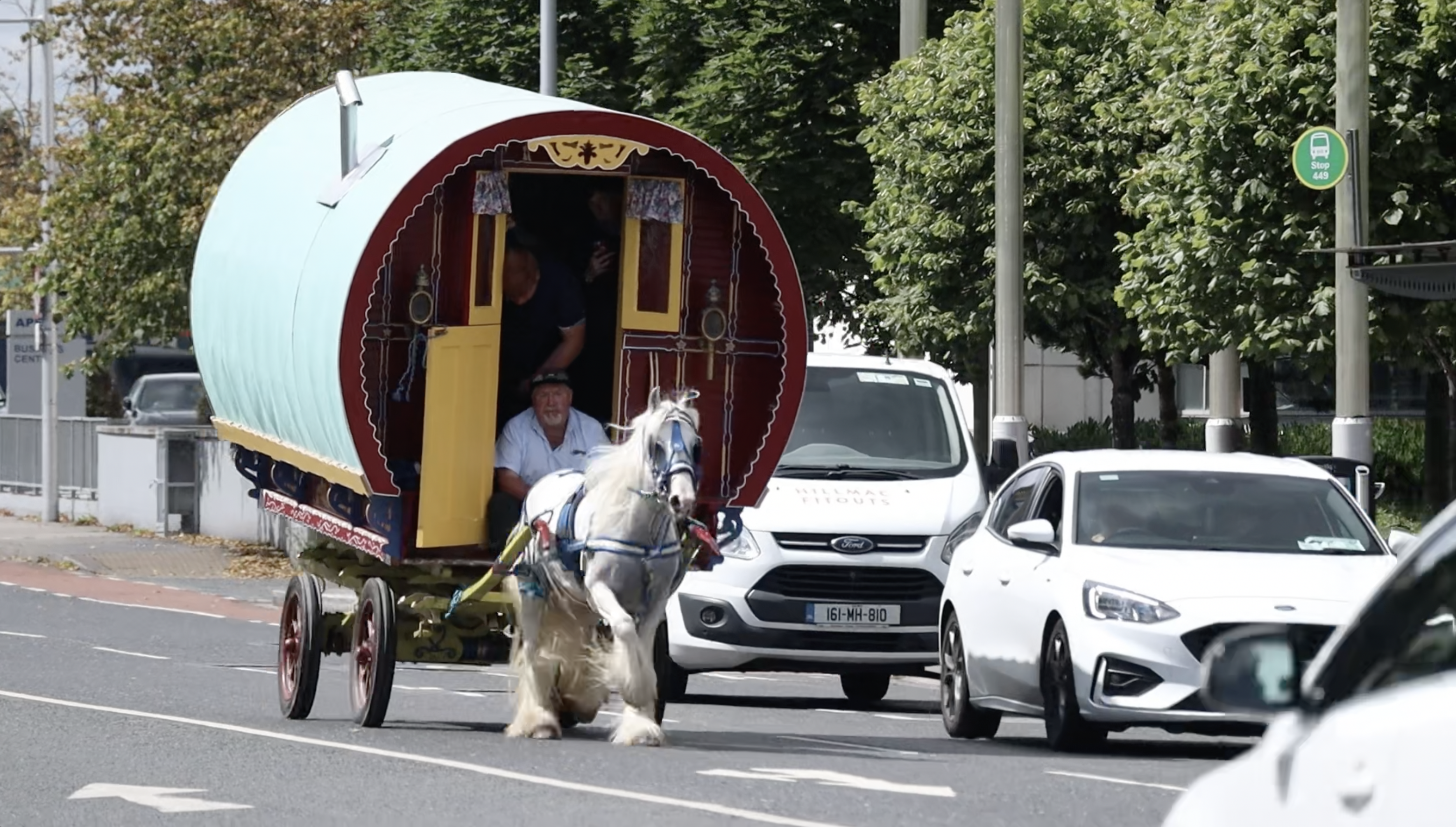
I undertook all the interviews during the course of development while I myself was walking the old railway line, searching for locals who could recall the West Clare Railway. Storytellers who can recall the past exist all around us, but often the only way to find them is to actively seek them out. With a rucksack, tent and sleeping bag, I walked a length of the track and talked to a great number of people.
Through walking the line and listening to stories of days past, the barren countryside began to slowly come to life and a greater context of where I stood was instilled, this became a great inspiration for the documentary.
Using animation, archive and photography we were able to bring to life a railway line that exists only in memories.
Memory is such an abstract concept - an interpretation of an event can vary greatly person to person. Some of us can remember every visual detail of a particular scene, while others can only recall vividly the emotions they felt from that scene. For this, I felt that a mixed media approach, using archive photographs, archive film, shoot footage and animation was great medium to explore the visuals behind memory.
This thesis examines the role music plays in retail environments and the potential that businesses are aware of this factor. This research topic comes from the decision of a McDonald’s in Wrexham when it began playing classical music to deter anti-social groups. This paper questions whether other musical aspects are used by businesses to encourage their customers behave in a predetermined manner. The research conducted looks at studies relating to how music tempo and genre can affect the pace at which consumers eat and their spending habits. How a device labelled ‘The Mosquito’ and the music of Barry Manilow can be seen as a solution to deter problematic social groups away from businesses. Finally conducting an interview with Atul Pathak, cross-examining him on the research done in this paper to try to conclude the business mindset behind using these tactics. These studies reveal evidence that could support the idea that businesses use music in more than one way with an expected behavioural outcome in mind.

Daragh O'Shea is a documentary director/producer with a keen interest towards local stories and characters. He has a passion for working with mixed media such as animation, and enjoys finding new and engaging ways to bring peoples experiences to life using the form of documentary.


